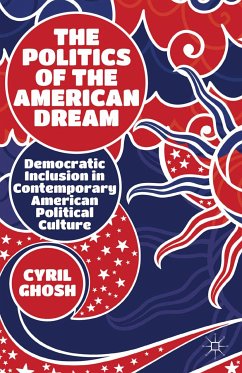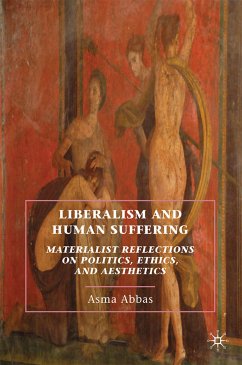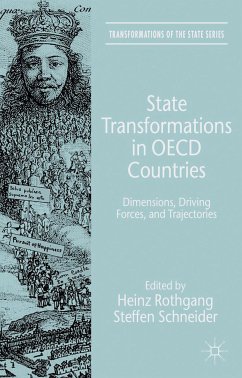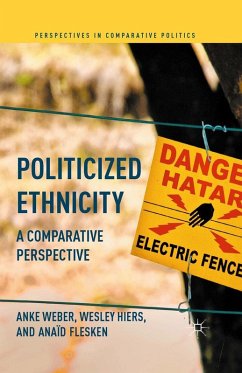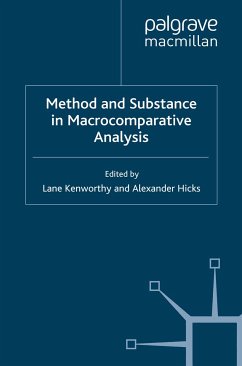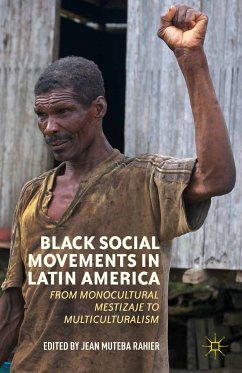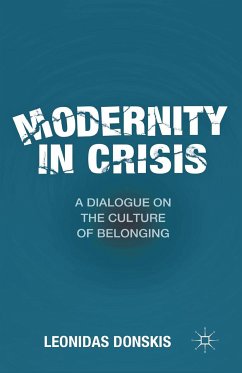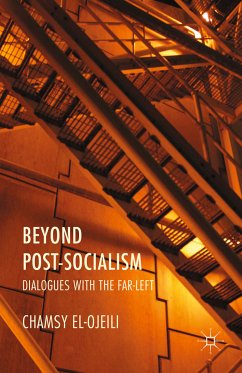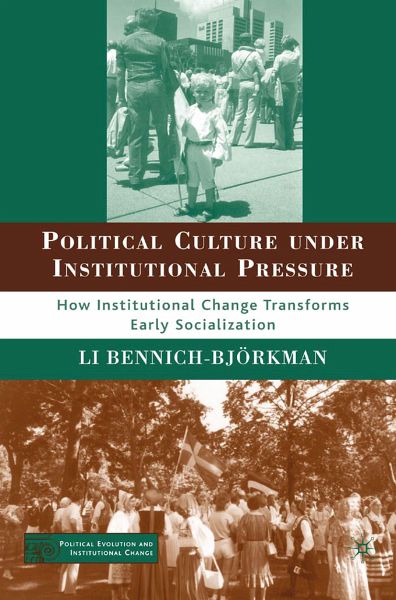
Political Culture under Institutional Pressure (eBook, PDF)
How Institutional Change Transforms Early Socialization
Versandkostenfrei!
Sofort per Download lieferbar
40,95 €
inkl. MwSt.
Weitere Ausgaben:

PAYBACK Punkte
20 °P sammeln!
Are world views once formed during childhood and adolescence stable over life or do they change when they come under pressure from new institutional contexts? This book seeks the answer by revisiting an aged political generation growing up in historically unique interwar Estonia but living their adult lives in exile.
Dieser Download kann aus rechtlichen Gründen nur mit Rechnungsadresse in A, B, BG, CY, CZ, D, DK, EW, E, FIN, F, GR, HR, H, IRL, I, LT, L, LR, M, NL, PL, P, R, S, SLO, SK ausgeliefert werden.



